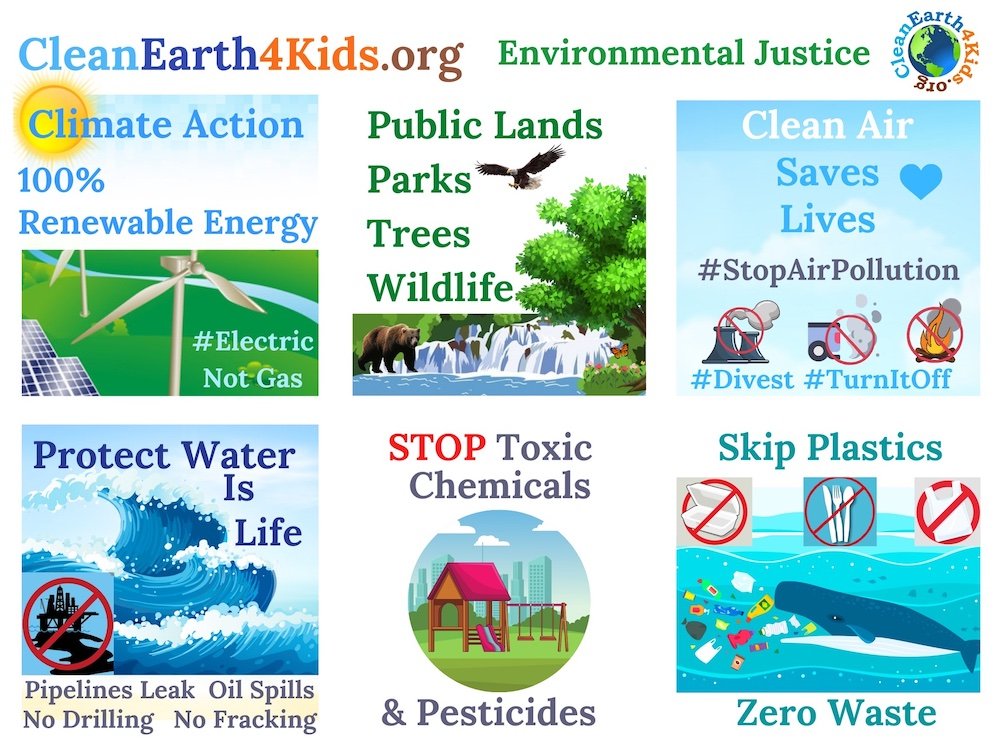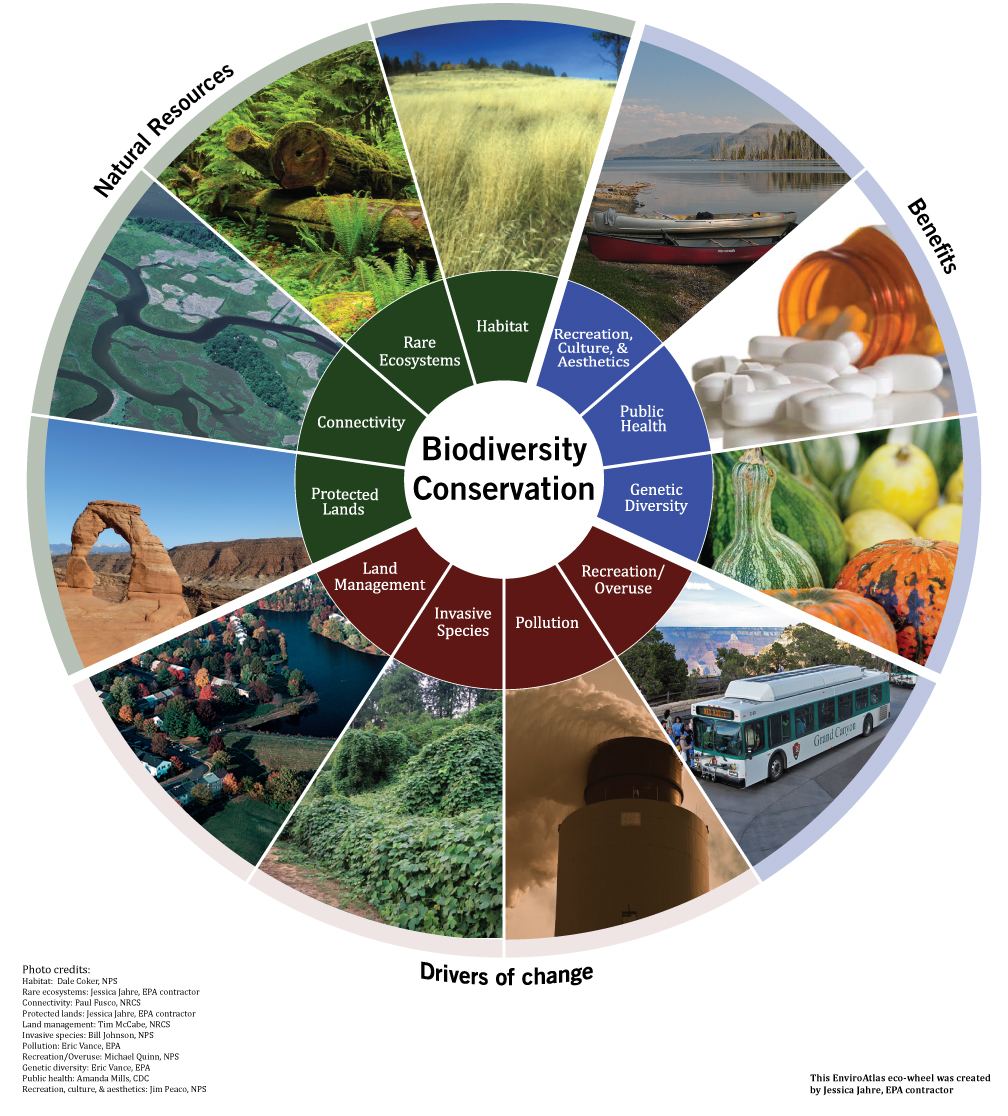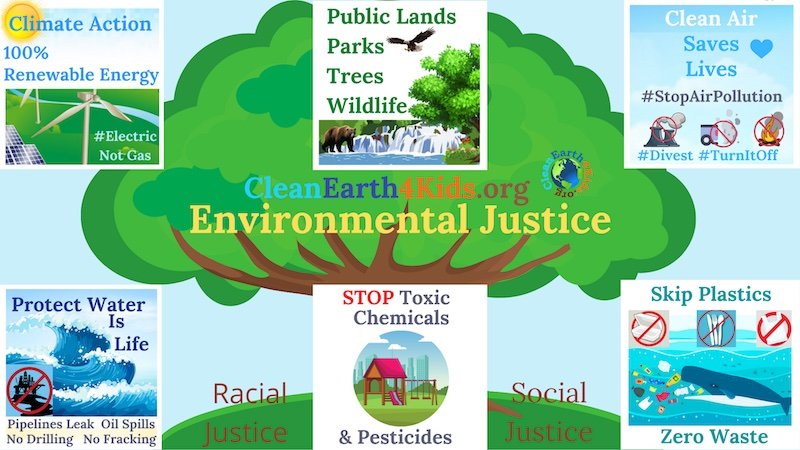The Future of Farming – Achieving Sustainability
Introduction:
The future of farming holds immense potential for sustainable practices that can address the pressing challenges of food security, environmental degradation, and resource scarcity. As we move towards a more interconnected and eco-conscious world, it becomes imperative to adopt innovative approaches that minimize the ecological footprint of agriculture while maximizing productivity. In this blog post, we will delve into key aspects of the future of farming, exploring cutting-edge technologies, regenerative agriculture, and the vital role of data analysis. By embracing sustainable practices, we can create a resilient and environmentally friendly agricultural system for generations to come.
1. Precision Agriculture and IoT:
Precision agriculture, enabled by the Internet of Things (IoT), leverages advanced sensors, drones, and satellite imagery to optimize farming practices. By collecting real-time data on soil moisture, temperature, and crop health, farmers can make informed decisions about irrigation, fertilization, and pest management. This data-driven approach minimizes resource waste and ensures that crops receive only the necessary inputs, reducing environmental impact while maximizing yields.
2. Vertical Farming:
Vertical farming involves cultivating crops in vertically stacked layers, typically in controlled indoor environments, using techniques such as hydroponics or aeroponics. This innovative approach eliminates the need for vast expanses of land, significantly reducing water consumption and eliminating the use of harmful pesticides. Vertical farms can be located in urban areas, reducing the carbon footprint associated with transporting produce long distances. The future of farming lies in embracing this space-efficient, eco-friendly method to meet the growing global demand for food.
3. Regenerative Agriculture:
Regenerative agriculture focuses on working with natural ecosystems to restore soil health, enhance biodiversity, and sequester carbon. Practices such as cover cropping, crop rotation, and no-till farming help improve soil structure, retain moisture, and mitigate the effects of climate change. By restoring soil health, regenerative agriculture improves crop resilience, reduces the need for synthetic fertilizers, and increases carbon capture. This approach benefits both the environment and the farmer by promoting long-term sustainability and profitability.
4. Hydroponics and Aquaponics:
Hydroponics and aquaponics offer innovative alternatives to conventional soil-based farming. Hydroponics involves growing plants in nutrient-rich water without soil, while aquaponics combines hydroponics with fish farming, creating a symbiotic relationship between plants and fish. These methods minimize water consumption, optimize nutrient delivery, and eliminate the risk of soil-borne diseases. By enabling year-round cultivation in controlled environments, hydroponics and aquaponics increase crop yields while conserving resources and minimizing environmental impact.
5. AI and Data Analytics:
Artificial intelligence (AI) and data analytics play a crucial role in the future of farming. By leveraging vast amounts of data, AI-driven platforms can provide real-time insights into crop health, yield predictions, and pest detection. This enables farmers to optimize resource allocation, enhance productivity, and respond quickly to changing conditions. By harnessing the power of AI and data analytics, farmers can make data-driven decisions, reduce waste, and ensure sustainable agricultural practices.
Conclusion:
The future of farming holds great promise in achieving sustainability through the integration of cutting-edge technologies, regenerative practices, and data-driven decision-making. By embracing precision agriculture, vertical farming, regenerative agriculture, hydroponics, aquaponics, and AI-driven analytics, we can create a resilient and eco-friendly agricultural system. These sustainable approaches not only ensure food security but also protect our environment, conserve resources, and contribute to a healthier planet for future generations. Let us embrace this transformative journey towards sustainable farming and secure a brighter future for ourselves and the generations to come.











